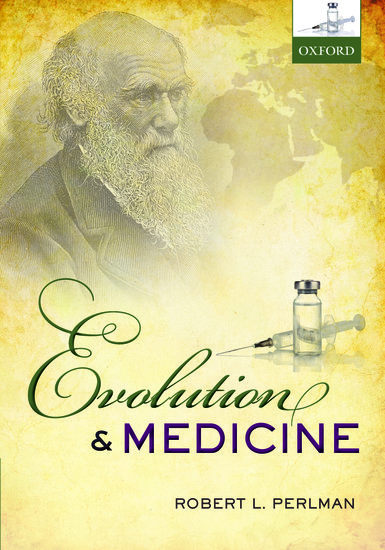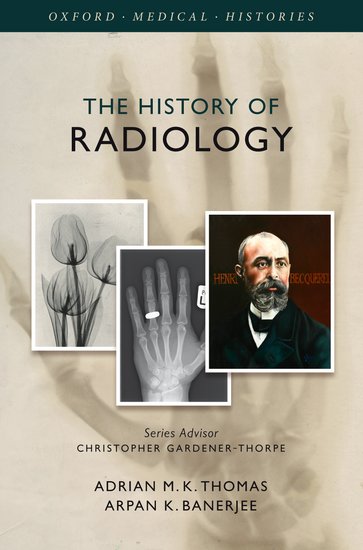Helping smokers quit during Lung Cancer Awareness Month
Smoking causes the majority of lung cancers – both in smokers and in people exposed to secondhand smoke. To mark Lung Cancer Awareness Month, Nicotine & Tobacco Research Editor David J. K. Balfour, D.Sc., has selected a few related articles, which can be read in full and for free on the journal’s website. He also invited Elyse R. Park, PhD, MPH, to share what really helps smokers quit.









